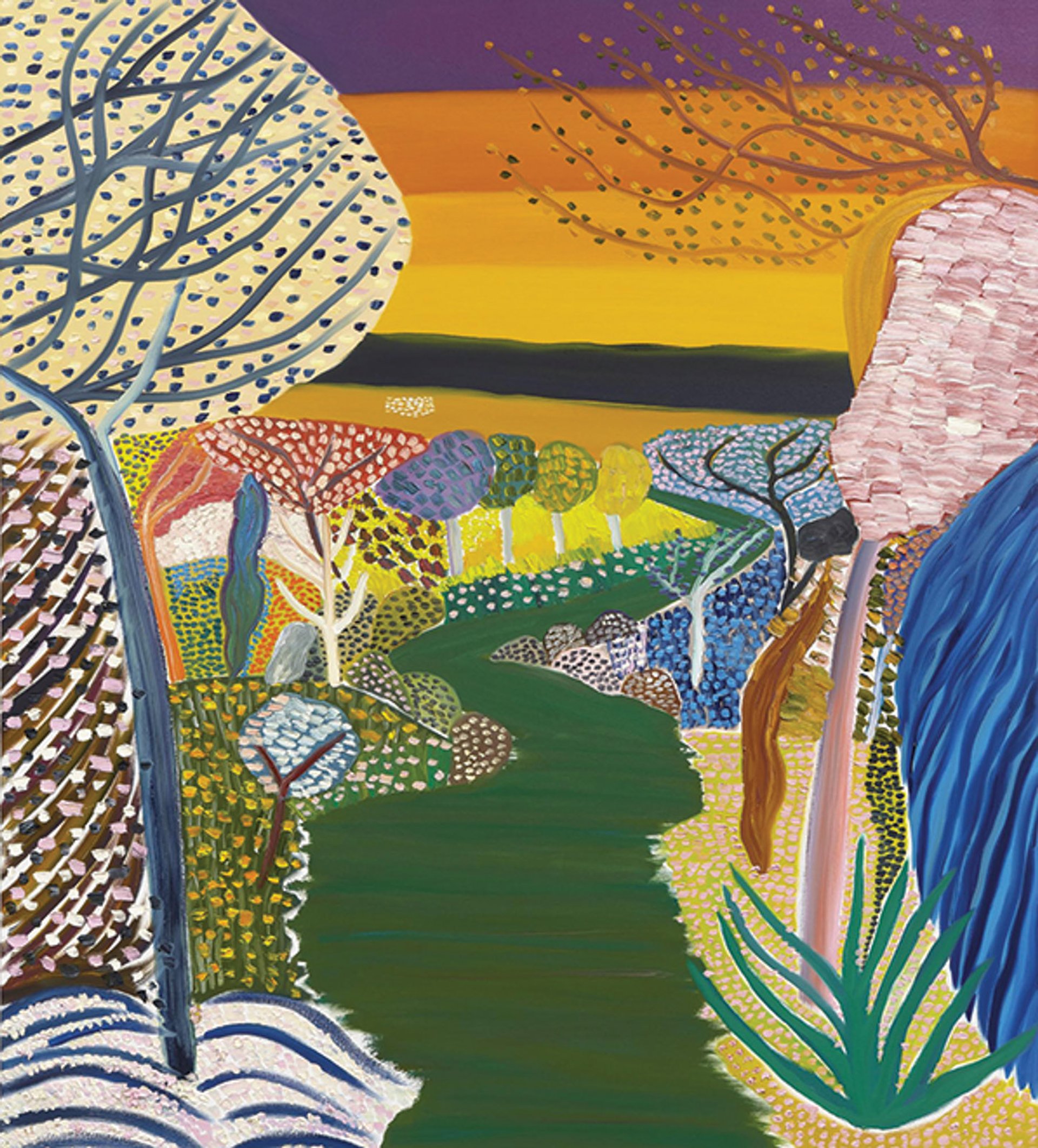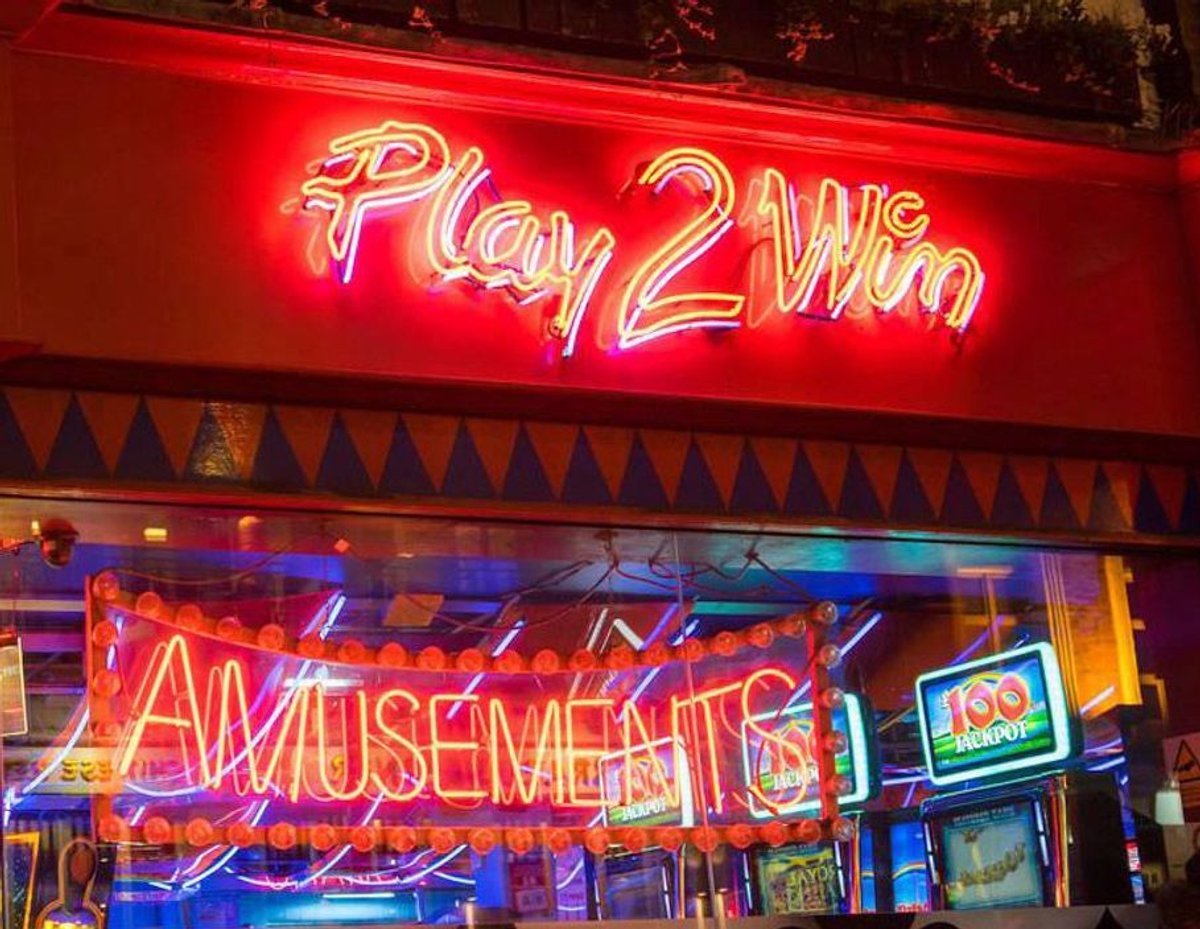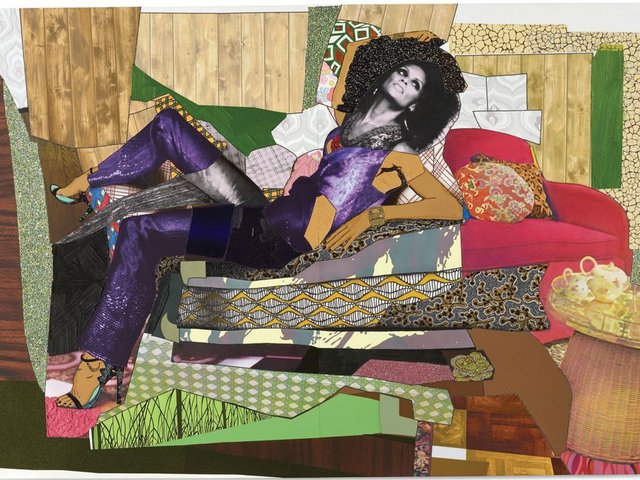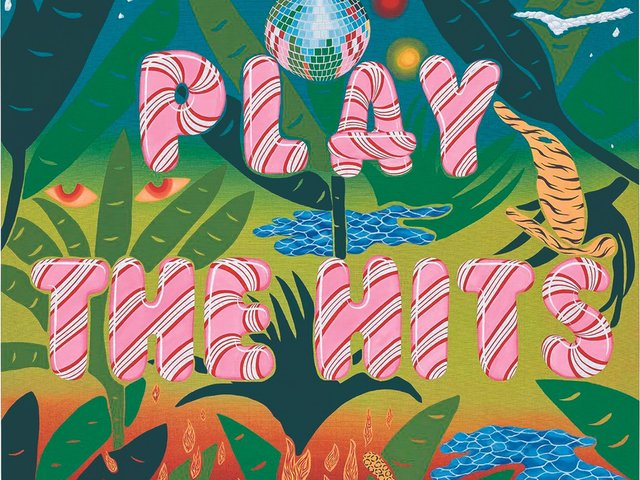The big game show: that seems to be the only way television can get to grips with art these days. Just look to the new reality TV series, Next Big Thing, devised by James Nicholls, the chairman of London’s savvily commercial Maddox Gallery, for the latest example, following on from Cash in the Attic and Flog It!
Art on television has come a long way since John Berger’s 1972 series, Ways of Seeing, introduced the UK’s Morecambe and Wise watchers to French post-structuralism. But so, too, has the entire framework of reference within which art is now viewed and discussed.
Auctions were once likened to theatre, but now Sotheby’s, Christie’s and Phillips’s live-streamed sales are more like high-value game shows. Art is financial commodity. Artists are brands, ranked by price. Collectors are ranked by power. The art world is all about data, the data of names and numbers. Artists are reduced to winners or losers. Most are losers.
It is easy to think of this as some kind of inevitable and unavoidable progression, like typewriters being superseded by computers. But, in reality, the art world is just another realm of human activity transformed by neoliberalism, the philosophy that, to a greater or lesser extent, has shaped political and economic life in the UK, the US and elsewhere (Chile is an extreme example) since the early 1980s.
Founded on the theories of Austrian-born Friedrich von Hayek (1899-1992) and refined by fellow economists at the University of Chicago from the 1950s to the 1970s, neoliberalism, in essence, aims to replace subjective human judgement with objective economic valuation. Or, as William Davies, the professor of political economy at Goldsmiths College, London, so neatly puts it in his 2014 study, The Limits of Neoliberalism, this is a school of thought that pursues “the disenchantment of politics by economics”.
"The art world is all about data. Artists are reduced to winners or losers. Most are losers"
The most dramatic effects of this disenchantment have been plain to see in UK and US politics over the past four or five years. But less attention has been devoted to the way that economics has disenchanted culture, specifically visual culture.
According to Davies, “converting qualities to quantities”, replacing “critical evaluation with economic, technical evaluation”, making “the price system” the ultimate judge, turning institutions into markets and individuals into competing contestants are all hallmarks of the neoliberal vision of a more efficient, productive society. They also characterise quite a lot of what is going on in the art world at the moment.

Matthew Wong’s River at Dusk (2018) sold for $4.9m at Phillips in December Courtesy Phillips
Value judgements
Take Matthew Wong, the self-taught Canadian painter who took his own life in 2019 and who has now become a cult “red chip” name at auction. The Artprice database of saleroom results informs us that last year eight of his vibrant, melancholic landscapes sold at auction for more than $1m, topped by the quadruple-estimate $4.9m given for the 2018 canvas, River at Dusk, at Phillips in Hong Kong on 3 December.
“What makes this interesting?” has always been a useful question to ask about a work of art. For most people, River at Dusk is interesting, not because of art-historical connections with Van Gogh and late Hockney, as Philips’s cataloguing would have it, but because it is a Matthew Wong and it sold for a record $4.9m. The glare of the price disenchants aesthetic appreciation as much as critical evaluation.
To be sure, neoliberalism hasn’t suddenly introduced market metrics into the art world. Back in the mid-19th century, Edmond and Jules de Goncourt’s celebrated essay on Chardin, now widely recognised as the greatest French painter of the mid-18th century, is full of auction results. But for the Goncourts, the paltry 25 livres fetched by Chardin’s still life of a dead rabbit with a game bag merely demonstrated how the prices of the artist’s pictures remained at a “wretched, insignificant level” throughout his life. In the Goncourts’ view, the price system got Chardin wrong, which was not how Hayek thought markets worked. (Incidentally, Chardin’s current auction high of $4m is now lower than Wong’s).
The digital bourse
What Hayek and the Chicago School of economics couldn’t have foreseen in the 21st century is the way the forces of neoliberalism would be accentuated and accelerated by new technology.
Websites such as Artnet, Artprice and ArtTactic, as well as those of the big three auction houses, have turned the art world into a digital bourse. There remains, of course, a small caste of curators, critics and connoisseurs who pride themselves on making assessments untainted by commercial considerations. But pretty well everyone else, whether they like it or not, is looking at art through the prism of price, mostly on a phone.
"Dataflow will become the very meaning of life"
The question remains, where is this heading? In Homo Deus, his 2015 best-selling Brief History of Tomorrow, the historian Yuval Noah Harari envisages a technocratic future in which politics will be bereft of grand visions and politicians reduced to mere administrators.
If what Harari terms the “Data Religion” has its way, humans, being “algorithms that produce copies of themselves”, will no longer need to “find meaning within ourselves”. Life will be autonomously controlled by the more efficient data-processing systems of the Internet-of-all-Things. Like God, “it will be everywhere and will control everything, and humans are destined to merge into it”. Dataflow will become “the very meaning of life.”
If you like looking at paintings by Chardin, or Wong, and feel they say something enduringly meaningful about being human, Harari’s vision of a techno-totalitarian future is deeply depressing stuff.
“Wealth and power might become concentrated in the hands of the tiny elite that owns the all-powerful algorithms, creating unprecedented social and political inequality,” predicts Harari. (Er, “might”?) Moreover, this “second cognitive revolution” might also produce “human cogs” who can communicate and process data more effectively than ever before, “but who can hardly pay attention, dream or doubt”.
Will art survive?
Seeing the coding on the wall, those involved in the art world nervously repeat the mantra: people will always need art.
But will they? In data-driven neoliberal economies, where humanities degrees—which tend to encourage dreaming and doubting—are officially ranked as having “low value” in terms of earning potential, could higher forms of art, literature and other culture simply fall out of fashion in the 21st century, in the way that, say, higher education became outmoded in the Byzantine empire in the seventh century?
“No one seems to have seen much value in higher learning, which saved no souls, fed no mouths, made no money and won no battles,” observes Warren Treadgold in his Concise History of Byzantium.
But at this moment, despite the Covid-19 pandemic and the economic crises that go with it, art is still making plenty of money for a small elite group of artists, speculators and traders.
The 2008 financial crisis quite literally discredited the neoliberal dogma that the market is an infallible, self-correcting mechanism which can efficiently manage every aspect of human life. And yet at the time, in the absence of any compelling alternative, governments spent hundreds of billions of public money bailing out the banking system, socialising the financial sector’s losses, thereby increasing asset values, income inequality and, by extension, art prices.
There would appear to be no alternative to the techno-charged neoliberal model. “Amnesia took hold and economics was asserted as sufficient to itself,” writes Davies in The Limits of Neoliberalism. “Groundless babble is the inevitable endpoint of this.”
And yet, remarkably, the Black Lives Matter movement has managed to change the political conversation in the US and, ultimately, its government. Black artists now matter more than ever in the art world. Instagram—and particularly the Artist Support Pledge initiative—has proved a force for good in the democratisation of the art economy.
Margaret Thatcher, a fanatical devotee of Hayek’s neoliberal ideology, once proclaimed: “Economics is the method. The object is to change the soul.” Actually, there is an alternative.





